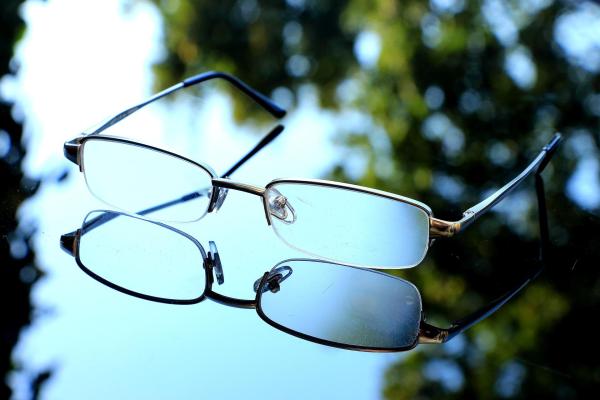Are you familiar with Dunbar’s number? It is the estimate of the number of reasonably meaningful relationships we might have with other individuals at one time. I am not speaking of followers or other metrics of our social media; I am talking about real human contacts. As it turns out, there are other limitations to our interactions that we can see in the world around us. This brings me to an article by Matt Webb, courtesy of The Browser, Dunbar’s number and how speaking is 2.8x better than picking fleas. Spoiler alert, the optimum size for a real, not virtual conversation, seems to be 4
Only death and taxes are inevitable. (Some believe that for the extremely wealthy, taxes are indeed avoidable and several among them are seeking a means of immortality – just saying.) As a surgeon, I have seen death up close and personal, a least emotionally. But I am not sure any of that prepares us for our mortality.
“A significant number of believers in God find their faith shaken or destroyed when they learn that they will die at a time and in a way that seems unfair to them. Before my diagnosis, I had seen this in people of many faiths. One woman with cancer told me years ago, “I’m not a believer anymore—that doesn’t work for me. I can’t believe in a personal God who would do something like this to me.” Cancer killed her God.
What would happen to me? I felt like a surgeon who was suddenly on the operating table. Would I be able to take my own advice?"
One of the first things I learned was that religious faith does not automatically provide solace in times of crisis.”
From the Atlantic, Growing My Faith in the Face of Death
Our words, especially in science and in the time of COVID, are often lost in translation. We appear to “think” in words, but is that really the case?
“All animals have an unconscious. If they didn't they would be plants. We may sometimes credit ours with duties it doesn't actually perform. Systems at a certain level of necessity may require their own mechanics of governance. Breathing, for instance, is not controlled by the unconscious but by the pons and the medulla oblongata, two systems located in the brainstem. Except of course in the case of cetaceans, who have to breathe when they come up for air. An autonomous system wouldn’t work here. The first dolphin anesthetized on an operating table simply died. (How do they sleep? With half of their brain alternately.) But the duties of the unconscious are beyond counting. Everything from scratching an itch to solving math problems.
Problems in general are often well posed in terms of language, and language remains a handy tool for explaining them. But the actual process of thinking—in any discipline—is largely an unconscious affair. Language can be used to sum up some point at which one has arrived—a sort of milepost—so as to gain a fresh starting point. But if you believe that you actually use language in the solving of problems I wish that you would write to me and tell me how you go about it.”
Cormac McCarthy, a far better wordsmith than I, wrestles with this problem in Nautil.us, The Kekulé Problem.
“Italy is crammed with historic works of art in need of restoration. Like the figures on a rotating weather vane, one great building or gallery pops out for all to see just as another goes into hiding for a while. In the 1990s, as tourists in the Vatican’s Sistine Chapel marveled at the renewed brightness of Michelangelo’s ceiling, visitors to Pisa were in for a let-down. The Leaning Tower, which all came to see and perhaps had hoped to climb, was out of bounds, encased in scaffolding—with copious explanations about how here, in the Piazza dei Miracoli, the latest miracles of modern science would finally freeze the tower’s historic tilt. The issue was not so much the restoration of a fading or eroding work of art dating from long ago.”
Why Not Let the Leaning Tower of Pisa Collapse? Good question! Fixing the lean has been a problem with recurrent failing solutions for as long as the tower existed




